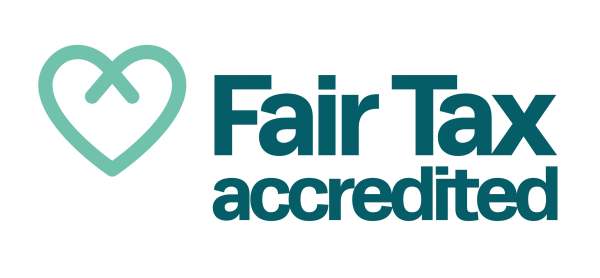From clothes stores to online sales platforms, the retail sector is full of companies avoiding paying their fair share of tax.
Every year, corporate tax dodging costs poor countries at least $100 billion. That’s $100 billion that could otherwise have been spent on essential services, like healthcare or education.
What is tax avoidance?
Companies (and individuals) use loopholes in the law to shift their money around in order to pay a lower rate of tax. It is essentially a way to avoid paying money into the public purse.
For example, Amazon has shunted much of its UK income to its subsidiary in Luxembourg, where tax rates are particularly low. By transferring profits to a ‘loss-making’ subsidiary, the company is “not only not paying tax, but is generating enormous tax reliefs that can be used in the future to ensure that little or no tax continues to be paid,” according to Paul Monaghan from the Fair Tax Mark. Amazon’s losses in Luxembourg are partly due to discounts, the cost of advertising and the cost of hiring new employees.
While tax avoidance is legal, it involves using the law in a way that was never intended. (It is different to tax evasion, which involves lying about your accounts, and is illegal.)
Read our article ‘What is tax avoidance?’ and find out which countries are on our list of tax havens.
Why does tax avoidance by retailers matter?
Tax avoidance is costing the UK millions each year. In 2022, Ethical Consumer calculated that Amazon’s tax avoidance alone likely cost the UK public purse £433 million in 2023. That’s equivalent to a £500 payment to the poorest one million UK households to help with rising fuel bills.
With costs of living rising, and public spending being slashed, tax avoidance further deprives our public services.
But it’s poor countries that feel the biggest effects. Each year, the poorest countries lose the most from tax avoidance in proportion to their GDP. In Gambia in 2020, tax losses are estimated to have outstripped all tax collected.
The impact on these countries is massive. At the height of the COVID19 pandemic, Gambia was losing an estimated thirteen times more from tax avoidance than it was spending on its healthcare.







